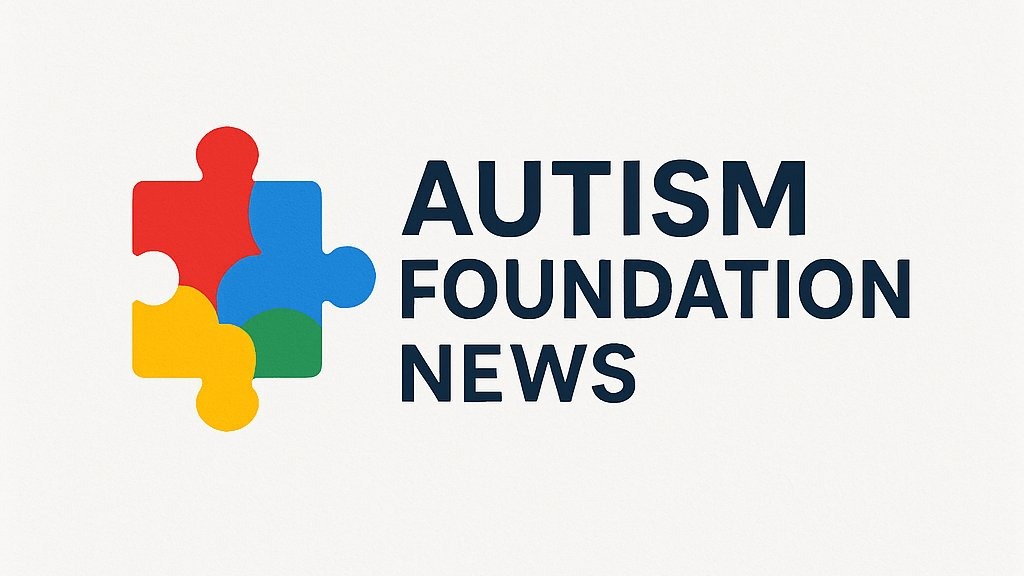
Understanding the Early Signs of Autism: A Caring Guide for Parents
As parents, our eyes and hearts are always attuned to the subtleties of our children’s behaviors—they reflect their emotions, thoughts, and development. It’s perfectly natural to sometimes feel an undercurrent of concern. If you've sensed that something is a bit 'off' in your child's development, you're not alone, and it's essential to explore these feelings. Let's delve into five key indicators that may suggest your child could benefit from an autism evaluation.
1. The Journey of Speech: Delayed or Absent Development
Speech development milestones are important markers in your child's early years. If your little one isn't babbling by 12 months, forming single words by 16 months, or combining two words by 24 months, consider consulting your pediatrician. While every child grows at their own pace, speech delays can be a gentle nudge towards seeking support. Remember, some children with autism may develop the ability to speak but face challenges with the nuances of social interaction.
2. The Heart of Connections: Social Engagement Challenges
Social engagement is fundamental to childhood. From avoiding eye contact to not responding to their name by the age of 12 months, noticing these behaviors becomes increasingly significant with time. As your child explores their social world, remembering that their developmental journey may differ from others allows you to provide them with the understanding and support as needed.
3. Repetitive Behaviors: Signals of Processing the World Differently
While many children enjoy the comfort of routine, repetitive actions can signal something deeper. You mightobserve your child flapping their hands, rocking back and forth, or lining up toys in a specific pattern rather than engaging in typical play. These actions may serve as comfort strategies or ways to process their surroundings. Recognizing and understanding this behavior can help you support your child's emotional well-being.
4. Sensory Sensitivities: A Different Experience of the World
Many children with autism experience the world through a different lens, particularly when it comes to sensory perception. This can manifest in overwhelming reactions to loud sounds or bright lights, or conversely, limited reactions to pain or temperature changes. By understanding your child's unique sensitivities, you can create an environment that supports their sensory needs more effectively.
5. Play and Imagination: Signs of Unique Interaction
Pretend play is a pivotal aspect of childhood development. If your child struggles to engage in this type of imaginative play or tends to use toys repetitively instead of creatively, these may be early indicators of autism. Underneath these behaviors might lie a fascinating perspective on the world—one that needs encouragement and nurturing.
Taking the Next Steps: Your Role in Their Development
If you resonate with these signs, speak with your child's pediatrician. Validating your insights as a parent is crucial; you're not overreacting. A developmental screening or a referral to a specialist can illuminate the path forward. Remember, early intervention is often foundational in helping children adapt and thrive. Understanding their unique experiences can open doors to effective support, ensuring that your child has every opportunity to flourish.
Valuable Resources at Your Fingertips
For families navigating the autism journey, support is available. Organizations like the Autism Society provide invaluable resources, advocating for those with autism and offering insightful information for parents. Additionally, resources from institutions like the Cleveland Clinic can help deepen your understanding of autism spectrum disorder, emphasizing early signs and available interventions.
As you embark on this journey, remind yourself to be patient and compassionate—with both your child and yourself. Learn and grow together as a family, embracing each challenge and every triumph.
 Add Row
Add Row  Add
Add 




Write A Comment